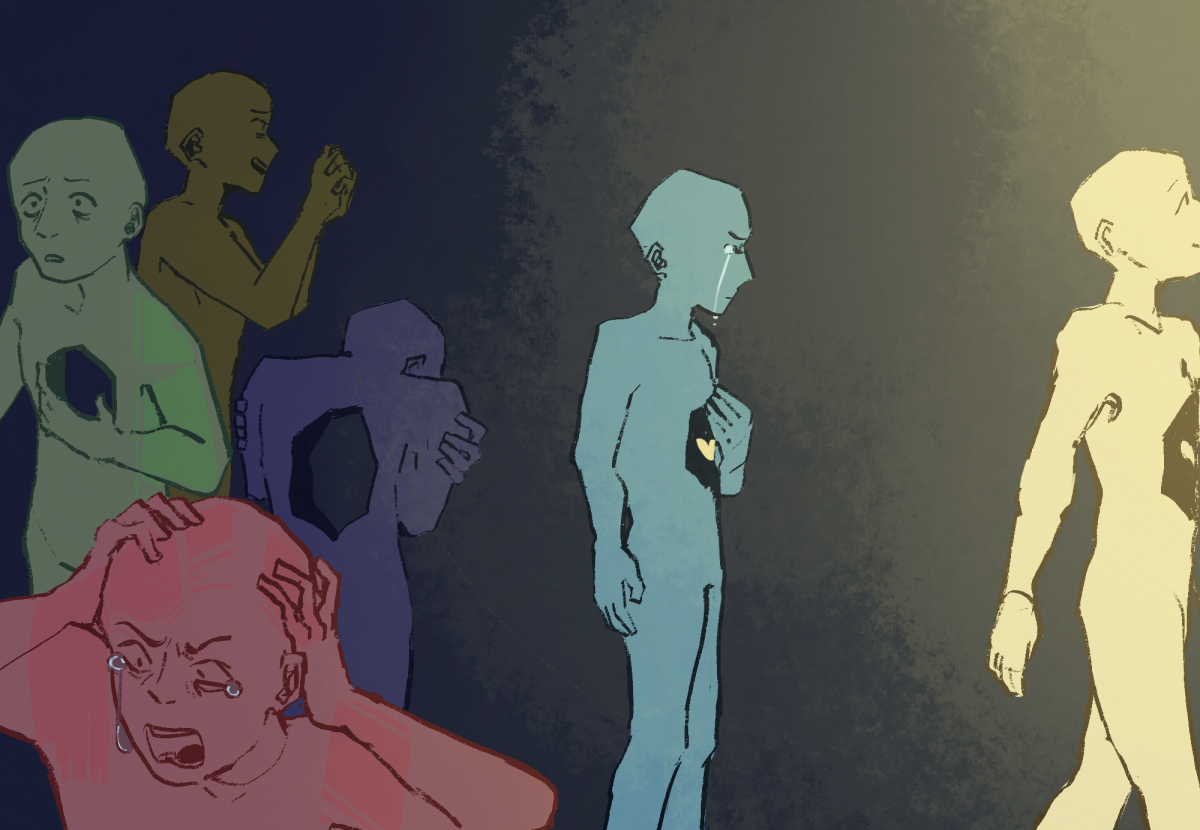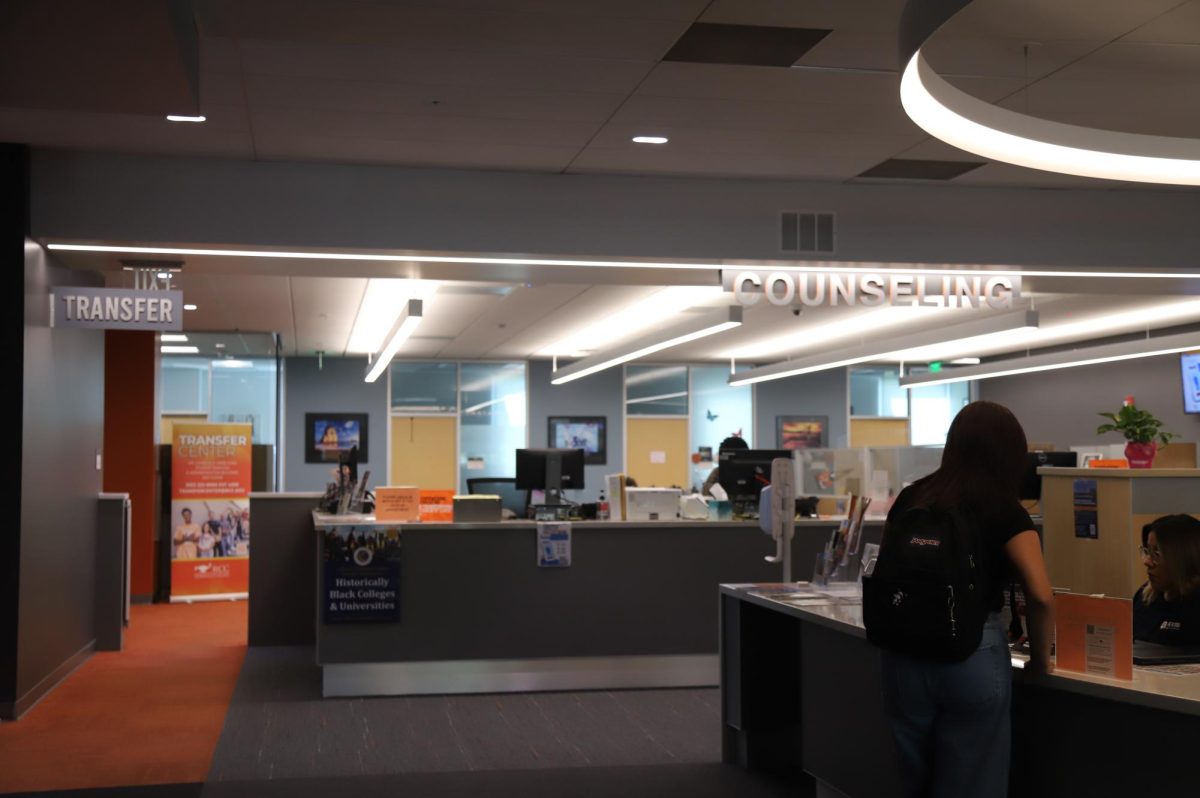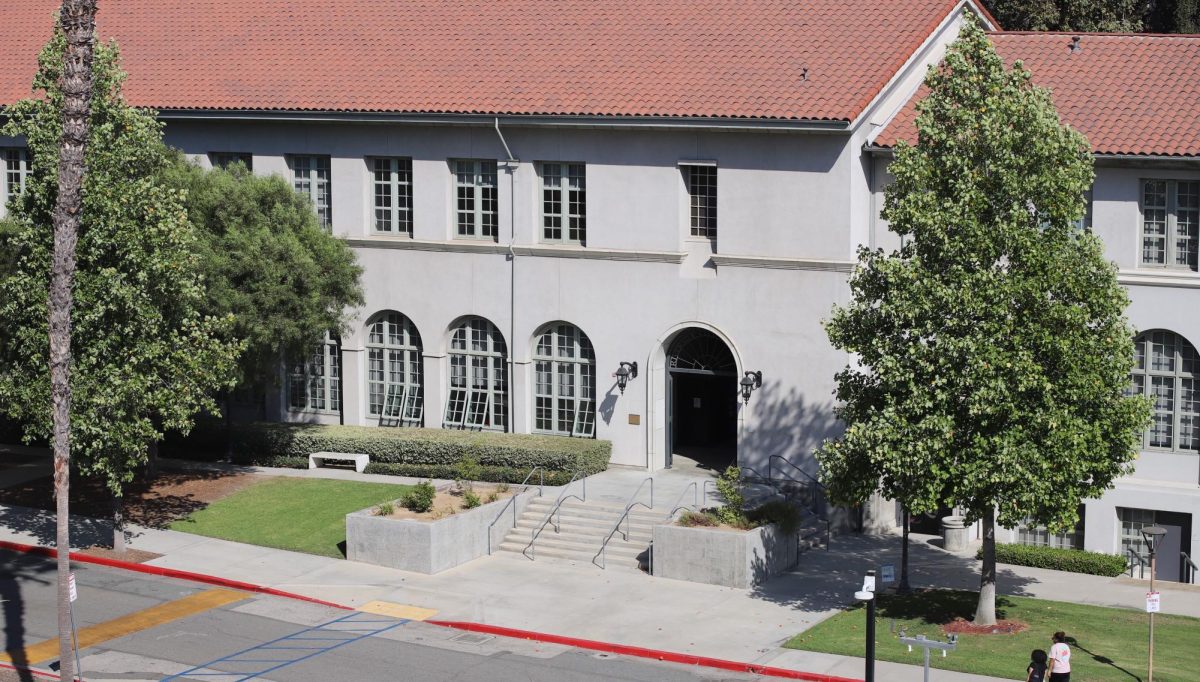
Stockton Mayor Michael Tubbs and the city are testing an initiative to provide guaranteed income to residents. Stockton Economic Empowerment Demonstration, or SEED, will make monthly $500 payments to 130 people in Stockton throughout the course of 18 months.
We, the Viewpoints Editorial Board, believe that ensuring financial equality of our nation should be an effort supported by all as it allows for a brighter future for the country as a whole.
The project is funded by a grant from The Economic Security Project in an effort to ensure opportunity and economic security.
Organizers and city leaders will use the program to explore how people will respond to an influx of cash with options ranging from going back to school, taking a break from work to pursue other responsibilities and interests, or simply paying bills.
“Over the past year Stockton has become the center of not only the state, but the center of the nation for its initiative to discuss how to help working class families and families that are struggling financially,” Tubbs said in a statement. “This brings us one step closer to providing a little bit of help they may need.”
Universal basic income — also called guaranteed income — has become an unexpectedly hot topic among presidential candidates, as economic anxiety and income inequality continue to plague voters on both sides of the political spectrum.
The pilot program could also create a road map for implementing future basic income policies in other cities or on a national scale.
This could make a major difference in Riverside, where income inequality has been growing steadily over the last decade.
Those at the bottom 10% of incomes in the Inland Empire have seen their income drop by 35% since 2007, causing the region to suffer a 40% widening of the gap between rich and poor. As of 2017, 12.9% of Riverside County residents live below the poverty line and while that may seem like a low percentage, it still represents roughly 316,147 struggling residents.
Riverside County has an income inequality rate of 0.497, as measured using the Gini index, which is higher than the national average of 0.415.
The Stockton project is motivated by the belief that an unconditional basic income is “one of the most effective tools” to reduce poverty and mitigate economic insecurity. SEED states, “We are motivated to test a guaranteed income in Stockton because we believe it is to combat poverty. Unconditional cash can supplement and enhance the current social safety net.”
Despite the project still being in its infancy, it has already inspired a similar project proposal in Chicago to study economic inequality by providing 1,000 selected participants a monthly $1,000 payment. Like Stockton, the project will also be funded by philanthropists.
While there are still many unanswered questions, many of which will not be answered until a larger scale project takes places, Stockton will be at the forefront of steering the direction of a national political conversation.


















